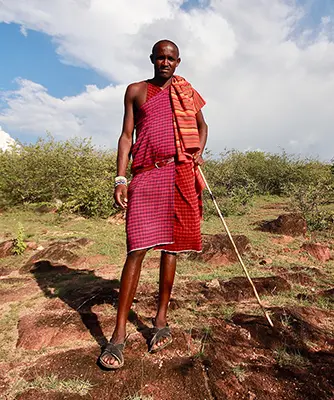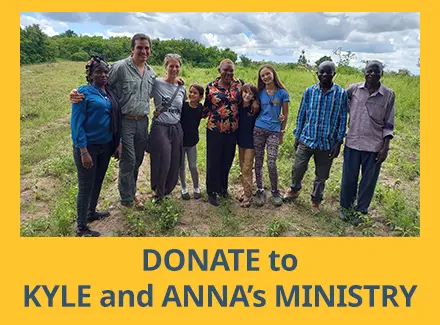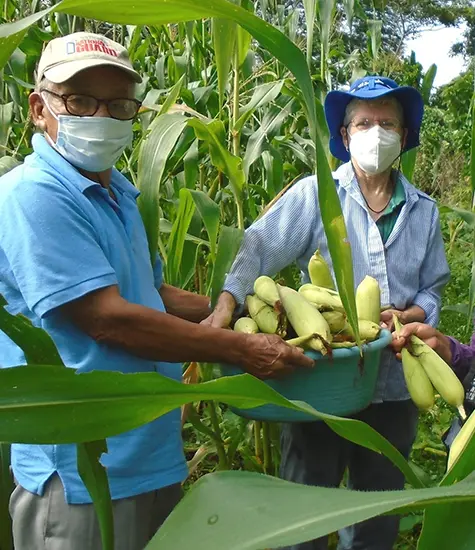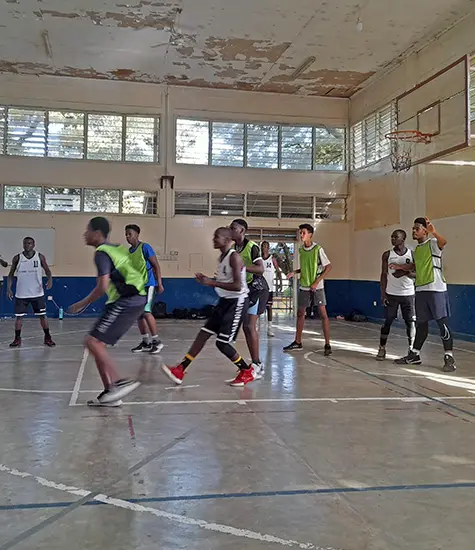Lent 2024 newsletter
Kyle Johnson, Tanzania
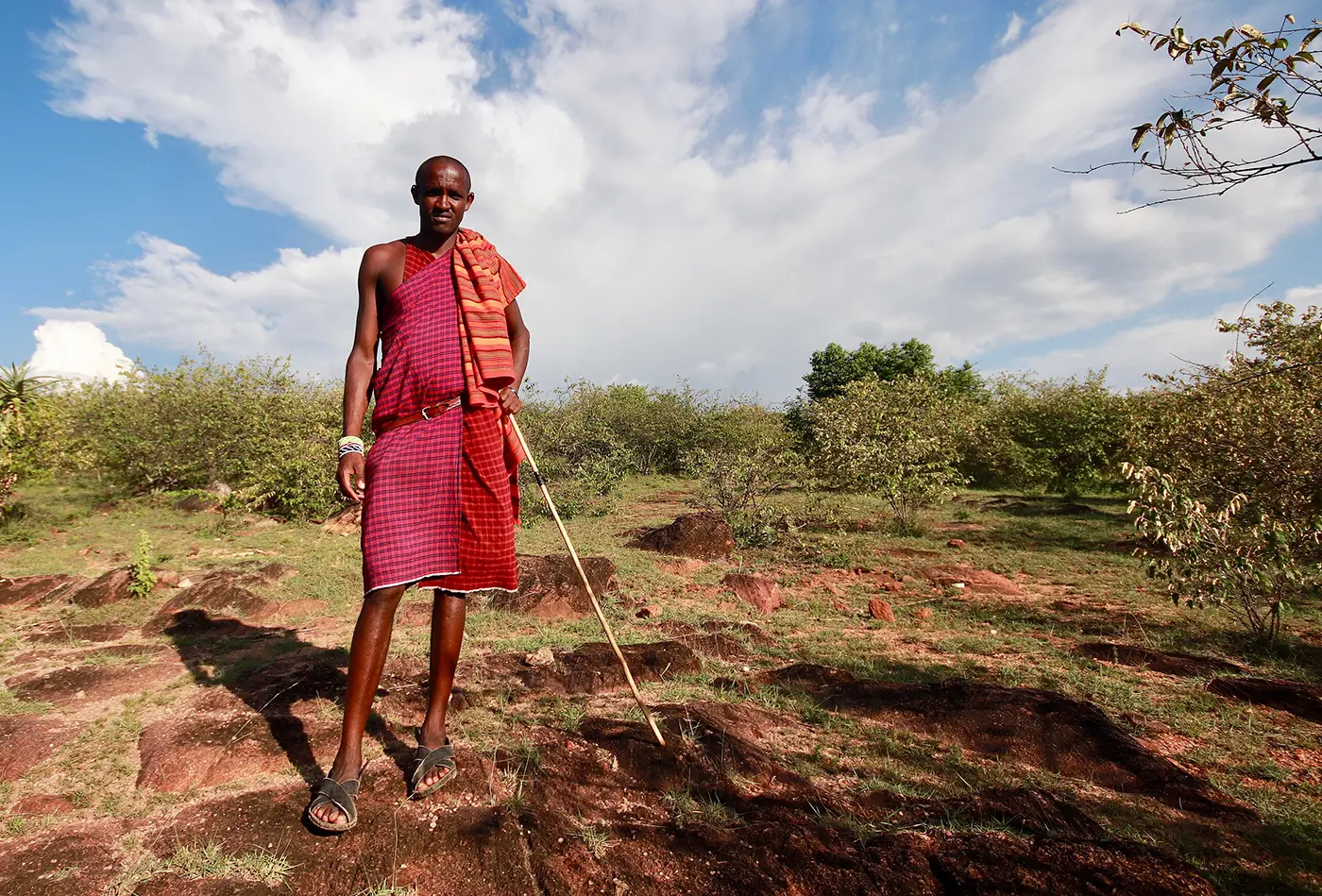
Maasai warrior (stock photo via Wikimedia Commons)
The greatest warriors I have known in my life have also been some of the most deeply spiritual and internally peaceful individuals that I have ever met. The discipline required of an elite warrior demands self-control and balance.
Often we think of the warrior as someone with a strong physique, armed with a weapon and ready to do violence. The physical aspect of the warrior is only a part of their persona. Their emotional regulation, spiritual depth and mental fortitude are equally important pillars of the total warrior ethos.
I first met Jon (not his real name) at one of the few coffee shops here in Mwanza, Tanzania. He approached me to ask what I was reading while I was preparing to teach a business class. We struck up a conversation and I was surprised to learn that he worked at the coffee shop. This is because Jon is from the Arusha area and is a Maasai warrior.
The Maasai are semi-nomadic pastoralists who live off the land and herd cattle and goats. They are characterized by their red robes, bright jewelry, and long knives they carry at their side. While many Maasai have had to find menial jobs, mostly as security guards, to help support their families, you would not typically find a young Maasai man dressed in western clothes and working as a barista in a coffee shop.
Consider the fact that up until recently each Maasai boy had to prove himself by killing a lion with a spear in order to become a warrior in his tribe. This is not exactly the type of person you would expect to mix a latte.
Recently, Jon’s family had their land and their livestock taken from them by the Tanzanian government to make room for commercial enterprise. In the Maasai culture, your cattle are your wealth, and so it has been especially difficult for Jon to see his family lose stature and lose wealth as their livestock and land were stolen from them.
Despite the injustice he has experienced, he remains hopeful about the future. He is righteously angry about what the government is doing to his people, but he is not hateful.
Jon came to Mwanza to get a job at a coffee shop so he could learn how to start one on his own. He realizes that the best opportunity to preserve his culture is through economic independence.
He has seen other Tanzanians and white people profit from the tourists who visit the Maasai lands while on safari. His dream is to open a café in the Serengeti that will sell Maasai art and serve as an income generator to help support his people.
Recently, when Jon and I were traveling on a bus to take a look at a possible business opportunity for him, the man collecting money shorted us our change. I was immediately angry and started to raise a stink. When the bus suddenly drove away, I became even more incensed and yelled after the bus. Jon kindly put his hand on my shoulder and looked me in the eye and gently said, “We cannot let this man disturb the peace inside of us, let us go.”
In that moment, I realized just how much I have to learn from Jon.
The late great Buddhist teacher Thich Nhat Hanh observes that to be a peacemaker we must first have peace inside of ourselves. Regular prayer and mindfulness practice help us maintain calm even in the face of injustice.
I was not surprised to find out that Jon is fasting during daylight hours for the next forty days to spiritually prepare for starting his own business. The way of the true warrior is peace, and I am grateful to Jon for helping show me the path.
Please consider supporting our family’s mission work in Tanzania with a donation through the link below.
We invite you to walk with us as our “COMPANIONS IN MISSION.” Companions in Mission are friends and generous donors who give financial gifts on a regular (usually monthly) basis. For more information, visit Become a Companion in Mission. Thank you so much for your generosity!

